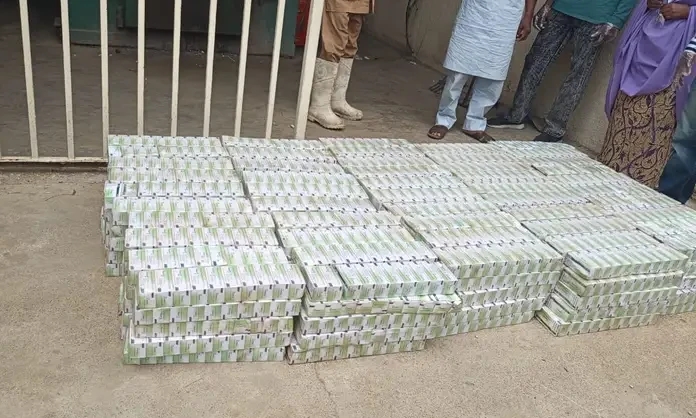Nigerian authorities incinerated nearly half a million illegally trafficked Tramadol tablets in Kano this week, underscoring efforts to combat the growing threat of unregulated pharmaceuticals. The National Agency for Food and Drug Administration and Control (NAFDAC) oversaw the destruction of 491,000 high-dose Tramadol 225mg pills, valued at 91 million Nigerian Naira (approximately $220,000 USD), after the Nigeria Customs Service (NCS) intercepted the shipment in late May.
NAFDAC’s Director-General, Prof. Mojisola Adeyeye, confirmed the consignment was seized by the Kano/Jigawa Command of the NCS on May 28, 2025. Customs officers intercepted the drugs at the Mai Gatari border area as smugglers attempted to transport them from neighboring Niger into Nigeria. The traffickers abandoned the shipment—packaged in 491 rolls—after a confrontation with authorities. “This operation highlights the effectiveness of inter-agency cooperation in tackling illicit drug trade,” Adeyeye stated, praising the collaboration between NAFDAC and the NCS.
Dr. Martins Iluyomade, NAFDAC’s Director of Investigation and Enforcement, supervised the public destruction of the opioids, a process designed to deter illegal pharmaceutical networks. Tramadol, a potent synthetic opioid, is tightly regulated in Nigeria due to its widespread misuse, which has fueled addiction and public health crises. High-dose variants like 225mg tablets, often smuggled into West Africa from South Asia, are particularly sought after in illegal markets.
Dalhatu Abubakar, Comptroller of the NCS Kano/Jigawa Command, noted via a representative that the interception aligned with broader regional efforts to secure porous borders. Deputy Controller Yusuf Idris emphasized the smuggled drugs’ origin and route, signaling ongoing challenges in monitoring cross-border trafficking.
Authorities reiterated calls for public vigilance, urging citizens to report suspicious pharmaceutical activities to NAFDAC. Adeyeye stressed that curbing unlicensed drug distribution remains critical to safeguarding community health, particularly amid rising concerns about opioid-related harm. The incineration marks one of the largest recent seizures of its kind, reflecting heightened enforcement measures as Nigeria battles the dual pressures of transnational drug networks and domestic substance abuse.
